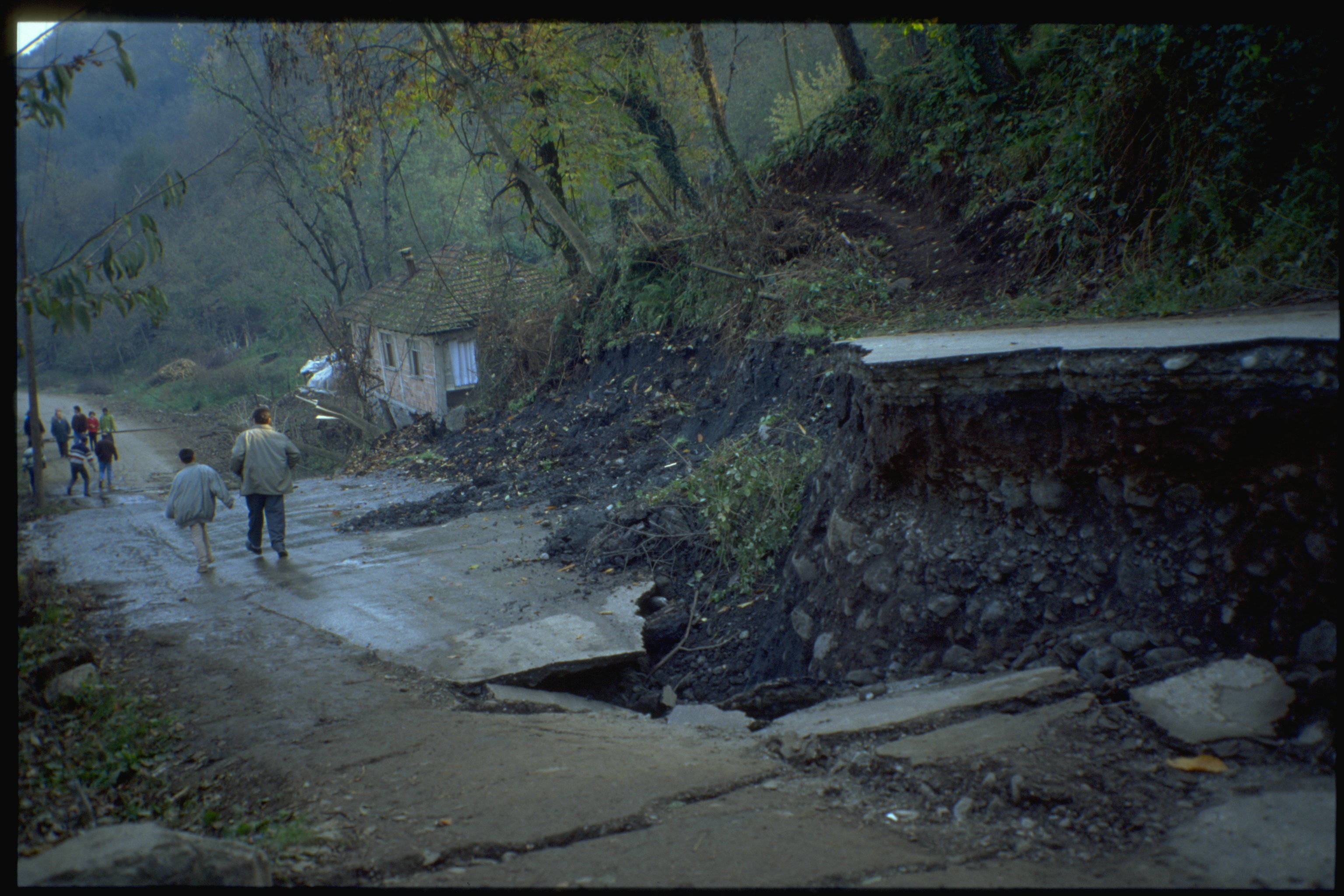All Categories
Featured
Table of Contents
Geophysical Methods in Stirling Oz 2020
Are you seeking the best kind of b-school? Connect with MBA programs seeking prospects like you. Check out schools of all sizes, ranked colleges, city and big-campus schools and more. Apply. Pay. Prep. Study. Be successful. We have actually got you covered. Get in touch with master's programs around the country to get an edge over the competitors.

A geophysicist studies various aspects of the earth. According to the U.S. Geological Survey, they study gravity, magnetic, electrical, and seismic activity occurrences. Geophysicists also document, assess, and take measurements of geographic features and anomalies. View a video to learn what a geophysicist: Geophysicists should earn a minimum of a bachelor's degree; however, this is for an entry-level position.
If you desire research you should pursue a Ph. D. Undergrad coursework normally includes geology, mathematics, ecological science, or physics. Advanced degrees require more particular research studies in the specialty of choice. Areas can include oceanography, climatic physics, meteorology, planetary, petroleum, ecological, and mining. Task potential customers are higher if you have a strong background in computer technology or technology.
Geoscientists : Occupational Outlook Handbook in Hamersley Western Australia 2023
Access to these opportunities might be restricted depending on where you live; nevertheless, internships or summer season programs with geophysical companies, university geophysics department, or the U.S. Geological Study can be choices. You can discover a list of a list of chances on the United States Geological Survey (USGS) websites' Pathway Programs tab (opens in another link).
Geophysicists also work with computer systems while researching, so computer courses can also be practical, as pointed out earlier in this article. Numerous geophysicists specialize in an area of geophysics.
A geophysicist's tasks can consist of determining, tracking, and documenting information from different physical residential or commercial properties on earth. Geophysicists frequently have to take a trip worldwide to examine geological events that have actually taken place or may have been predicted.
Your Degree In Geophysics in South Perth Oz 2021
For example, Jay Wellik, a geophysicist, studies volcanos. His location of proficiency in geophysics is looking into why volcanos emerge and what indications there may be that an eruption may take place. He tracks seismic activity and then follows what takes place previously, throughout, and after a volcano erupts. Geophysicists usually work full-time hours; however, they typically work irregular hours, as discussed formerly.

You can find extra information about Geophysicists in addition to extra instructional materials on the U.S. Geological Study site (links open in a new window). Laura Stern, of the U.S. Geological Survey at the Gas Hydrates Lab in Menlo Park, California: We make a variety of different hydrates in the laboratory.
We also make carbon dioxide hydrate, ethane hydrate, propane, a number of various structures. Liquid nitrogen is very cold. It's about 100 degrees cooler than the temperature at which these hydrate samples would dissociate, when they would break down to ice plus gas on the tabletop. In here we have a little piece of methane hydrate.
What Does A Geoscientist Do? in Champion Australia 2023
So the samples we make, their polycrystalline. They appear like snow, it appears like compressed snow but honestly, it does include gas inside. Take a little piece off here and as it warms up, you'll begin to see it pop. It's going back to ice plus gas and after that as the ice would melt as it continues to warm, it will end up being water plus gas.
My name is Steve Kirby, I'm a Geophysicist here at the U.S. Geological Survey in Menlo Park. I deal with Laura Stern who is likewise a Geophysicist in this lab that adheres towards the investigation of planetary ices and gas hydrates. Gas hydrates in nature occur in extremely remote places and they are really intricate with the interactions and conditions that they form under and samples that are raised are under some sort of alternation or decomposition.
This is an unusual lab and there are only a handful of them worldwide and we are really fortunate to be here at the Geological Study and to have the chance of dealing with them. Bureau of Labor Stats, U.S. Department of Labor, Occupational Outlook Handbook, Geoscientists. National Center for O * Web Advancement.
Geophysical Surveys: Definition & Methods in Helena Valley Aus 2020
00. O * Web On, Line. This video was produced by the federal government for the U.S. Geological Study. The USGS Gas Hydrates Lab is moneyed by the Department of Energy and the USGS Gas Hydrates Project.
Latest Posts
Geophysical Survey Methods in Champion Aus 2021
Geophysical Survey - Salisbury Archaeology in Hocking Australia 2021
What Can I Do With A Major In Geophysics? in Carine Australia 2023